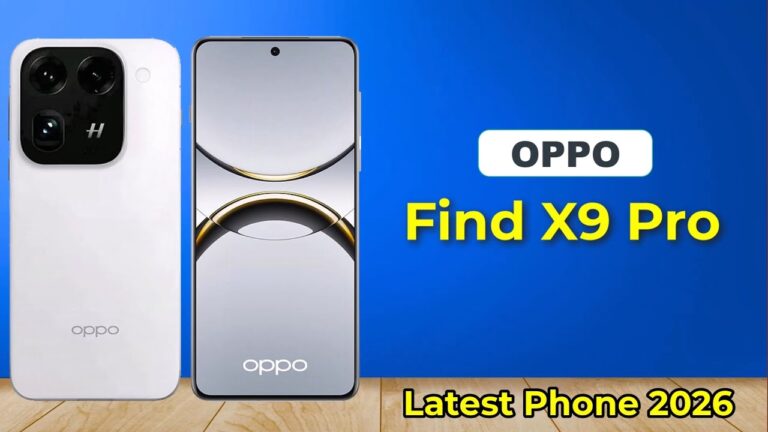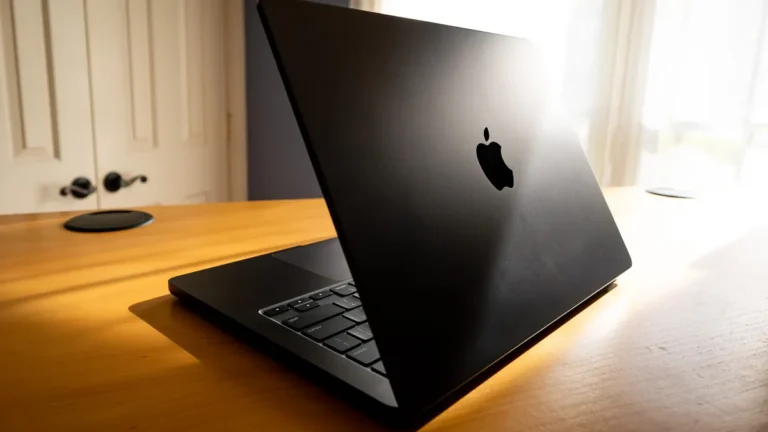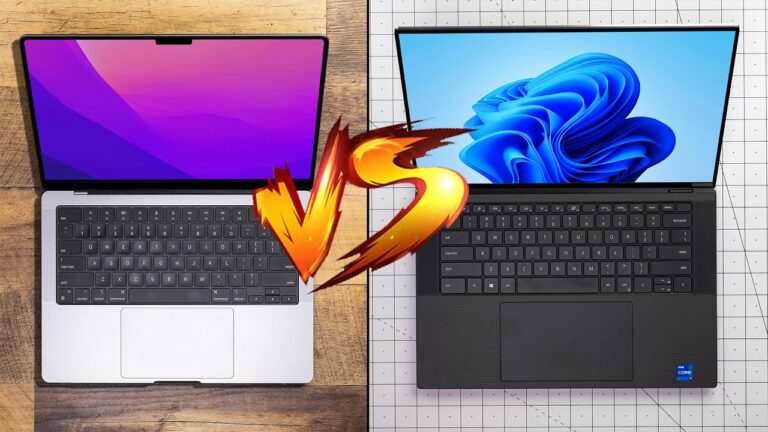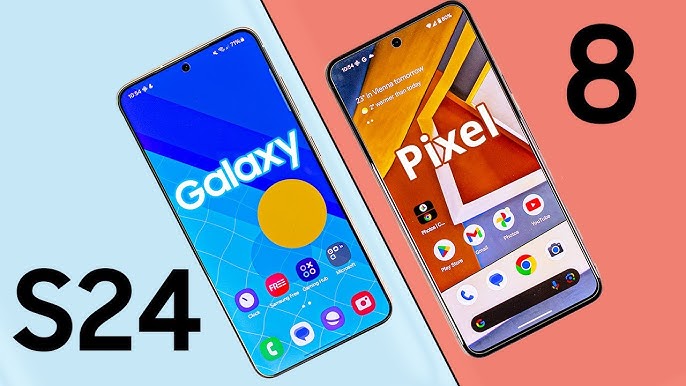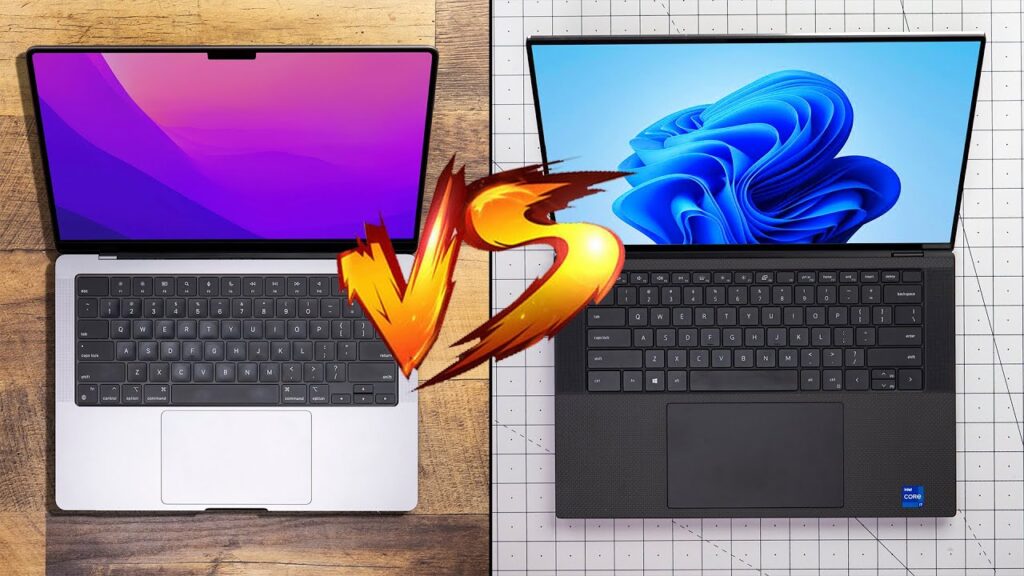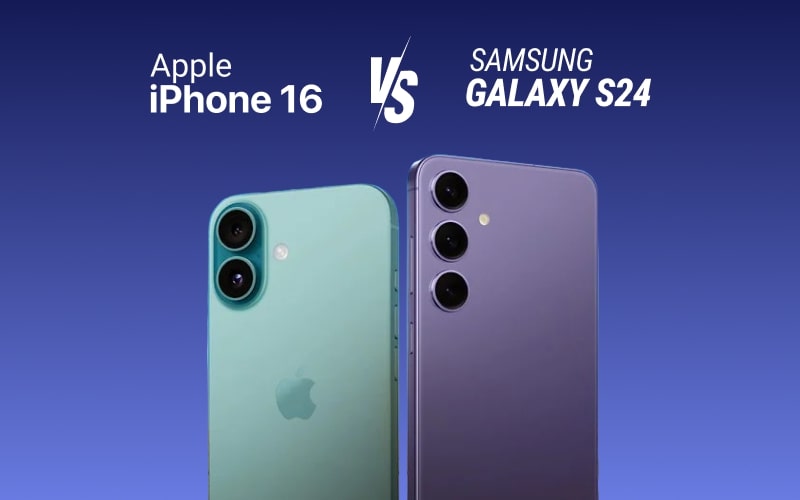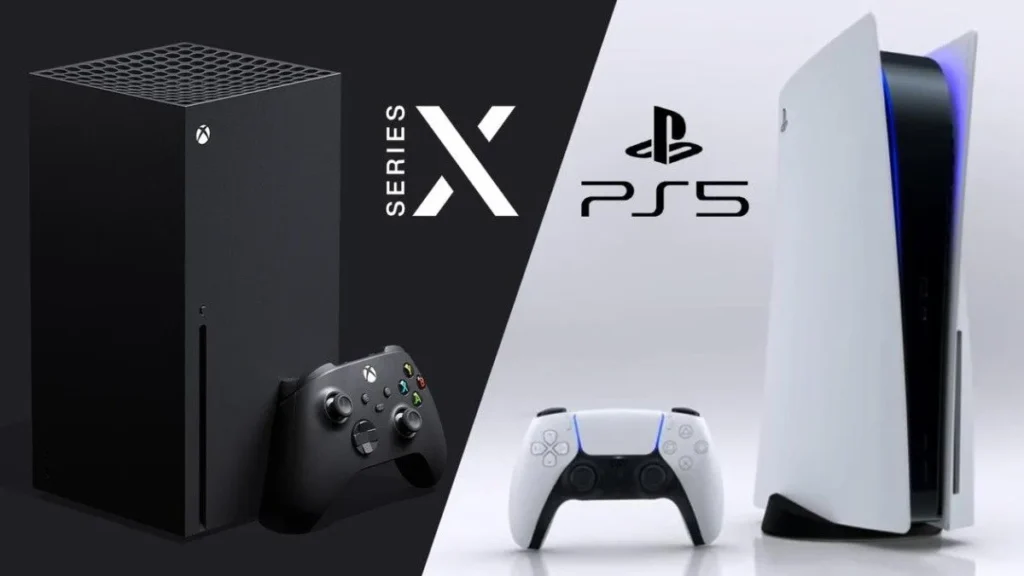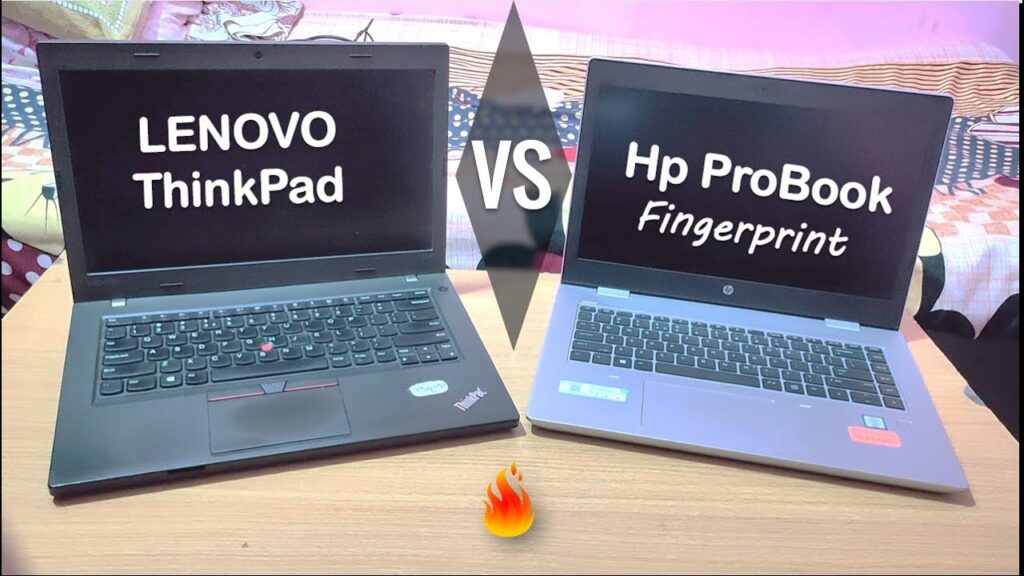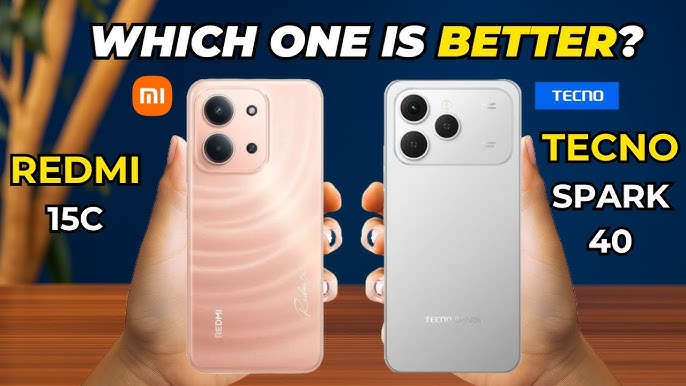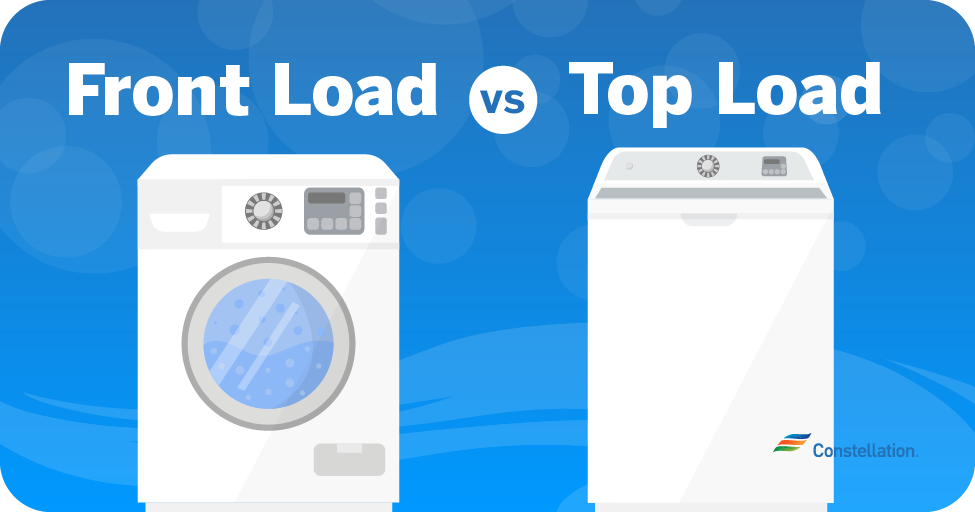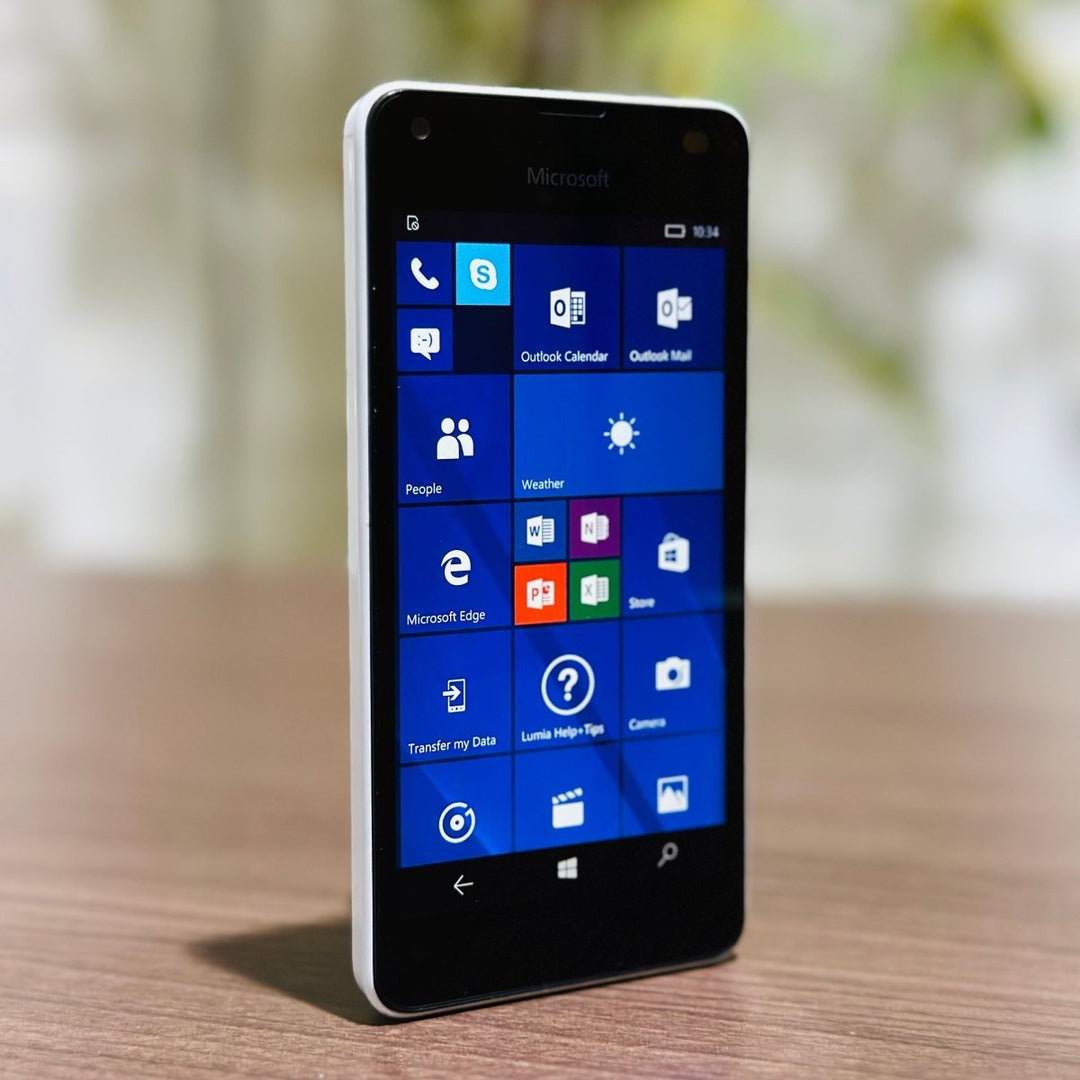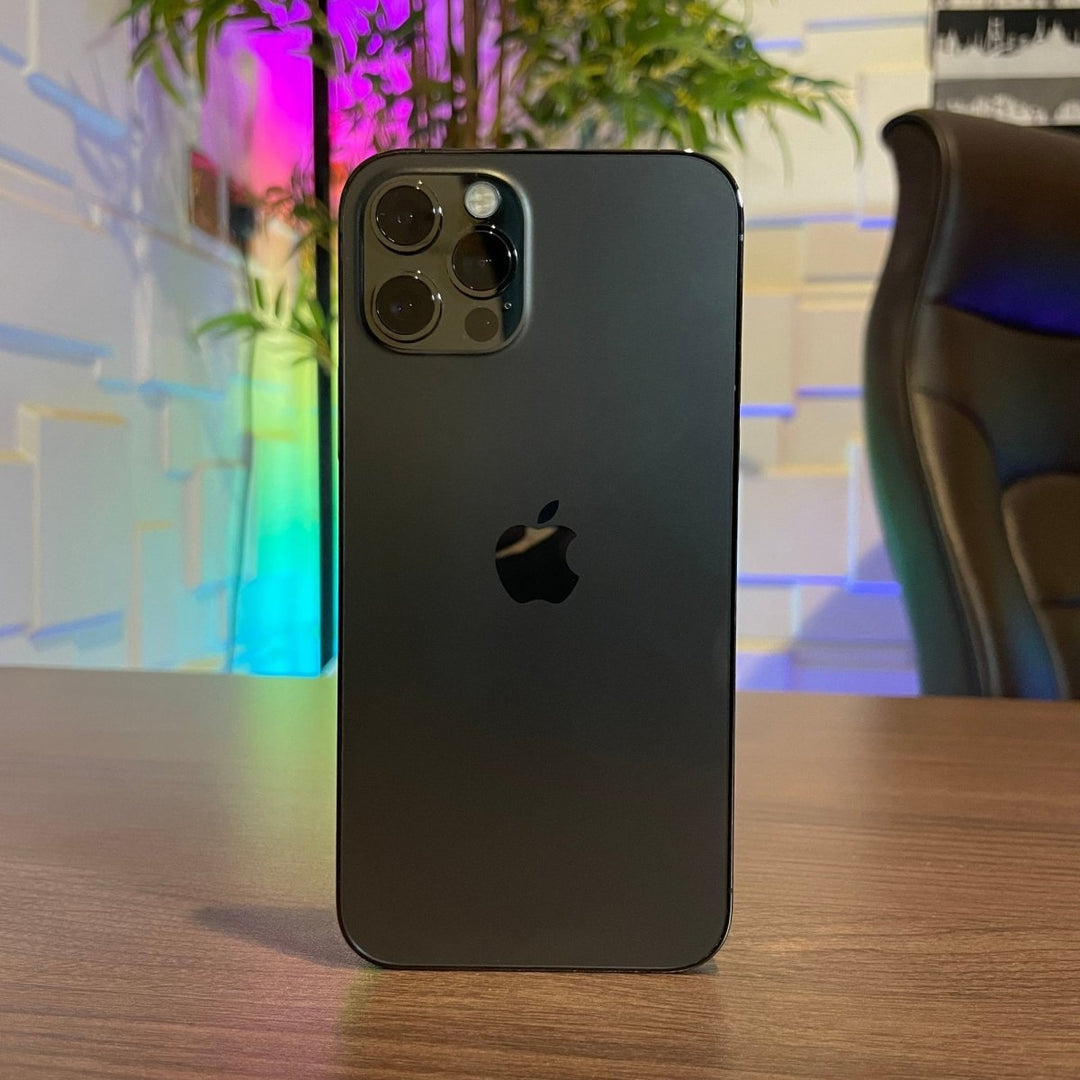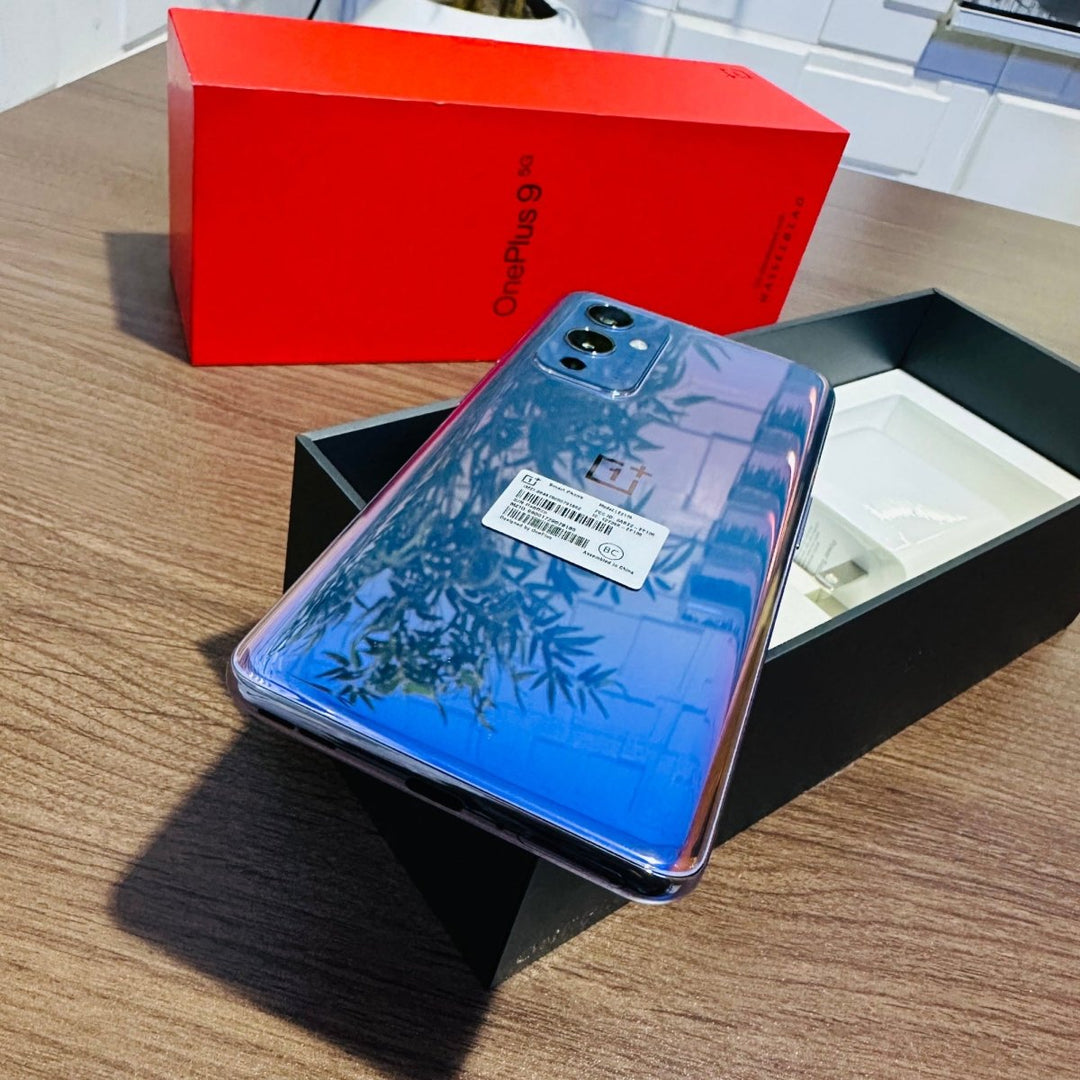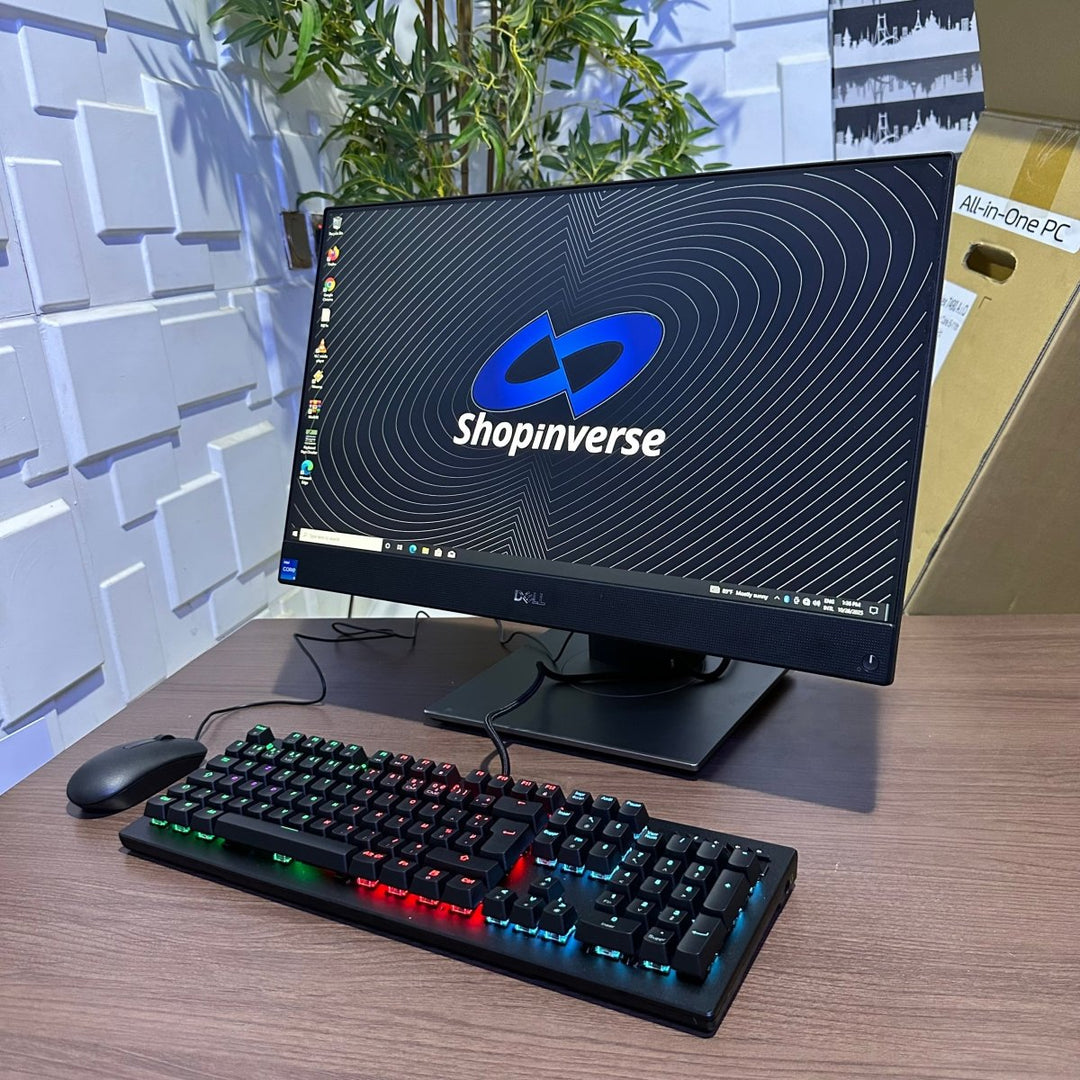Buying a smartphone in Nigeria — whether brand new or UK-used — can be risky if you don’t know what to look out for. From fake parts to locked devices and poor battery life, many buyers fall into traps that are avoidable. Whether you’re shopping online or in-person at a local market like Computer Village, this guide shares the 5 most important things you must check before buying a phone in Nigeria. For more tech buying tips, explore our App & Product Reviews section.
1. Check the IMEI Number for Authenticity
The first thing to do is check the phone’s IMEI number. Dial *#06# to reveal it. Then, visit IMEI.info to confirm the model, specs, and origin. You can also cross-check your phone details via the official Nigerian Communications Commission (NCC) website for device approval and authenticity.
Many cloned or refurbished phones come with fake specs. Verifying the IMEI helps ensure you’re not paying premium for a fake device. You can also read our trusted marketplace safety tips before purchasing online.
Bonus Tip: If the IMEI on the box, software, and hardware don’t match — that’s a red flag!
2. Battery Health Check
Battery performance is a major concern, especially for UK-used phones. For iPhones, go to:
Settings > Battery > Battery Health & Charging.
If the battery health is below 80%, it may need replacement soon.
For Android, download apps like AccuBattery or use a built-in diagnostic tool to check battery performance. You can find reviews of top-performing budget phones with strong batteries in our Product Reviews.
Why this matters: A weak battery can ruin your experience and force early repairs.
3. Network Compatibility
Make sure the phone supports Nigerian mobile network bands — especially 4G LTE Band 3 (1800MHz) and Band 7 (2600MHz). You can verify supported bands on GSMArena before buying.
Many phones from China or the US may not support these bands. If you’re buying from an online seller or traveling abroad, always ask for supported network bands. For affordable phones that work perfectly on Nigerian networks, check out our latest smartphone reviews.
Tip: You can search “[Phone Model] + LTE bands” online to find this info.
4. iCloud Lock or Google FRP Lock
For iPhones, ensure the device is not iCloud locked. Ask the seller to erase all content and settings while you’re there. You can verify iCloud status on Apple’s official Activation Lock page.
For Android, ensure Google Factory Reset Protection (FRP) is removed. You can confirm this by checking if it asks for a previously used Google account after a factory reset. Read more about Google FRP security here.
Warning: If the phone is locked, it could be stolen — or useless to you.
5. Test Screen, Camera, and Touch Sensitivity
Before paying, test the touchscreen for dead zones, the camera for clarity, and the sound for quality. Some phones (especially Samsung) have test codes like *#0*# to check hardware functionality. For others, go to Settings > About Phone > Diagnostics if available.
You can also open apps and swipe across the entire screen to check for lag or ghost touches. For practical phone testing videos, visit Infolandia Tech YouTube Channel.
Final Thoughts
Phones aren’t cheap — even in Nigeria. That’s why you need to do your due diligence before buying. Whether it’s a ₦25,000 UK-used Android or a brand-new ₦350,000 flagship, checking these 5 things can save you money and headaches. You can also explore our App & Product Reviews for verified, honest recommendations before your next purchase.
If you found this guide helpful, share it with a friend who might be planning to buy a phone soon. You could save them from a big mistake!



